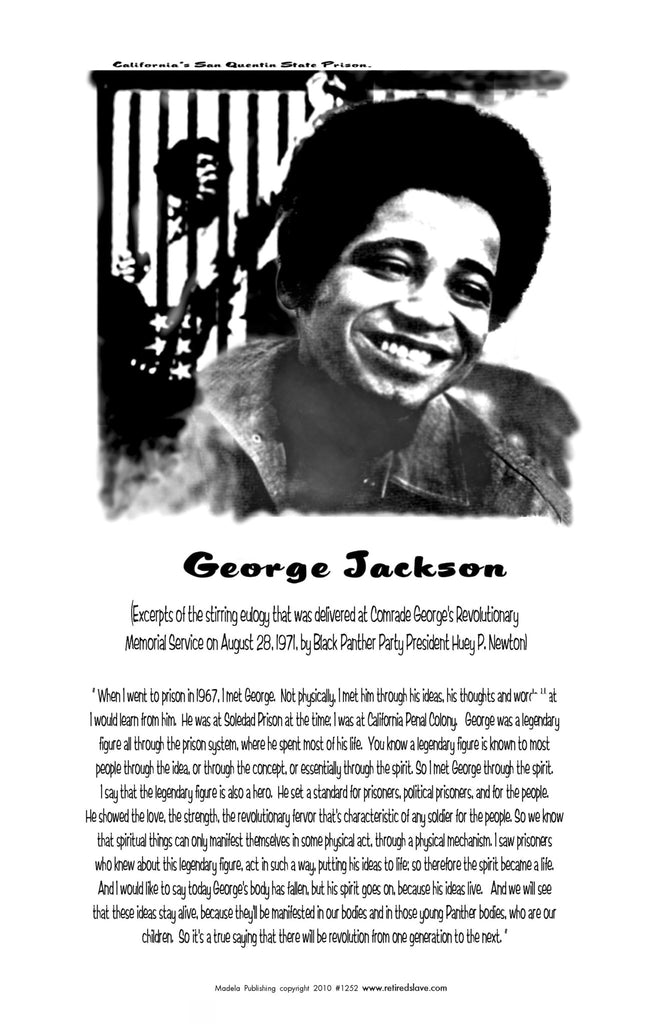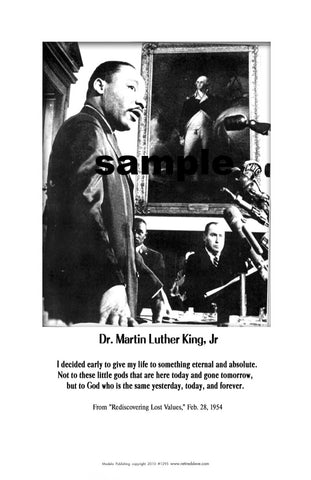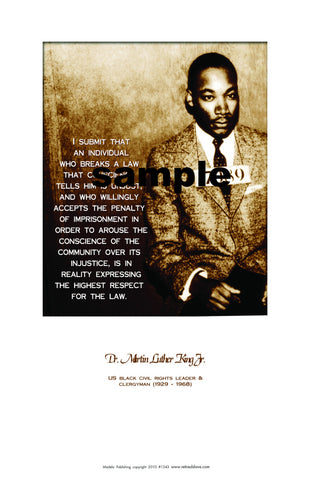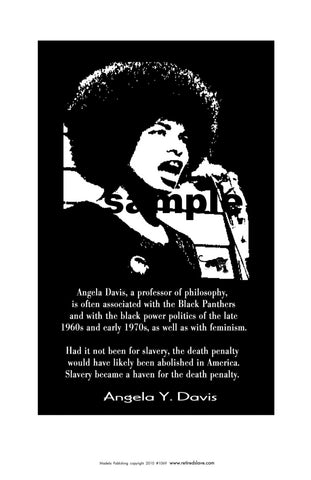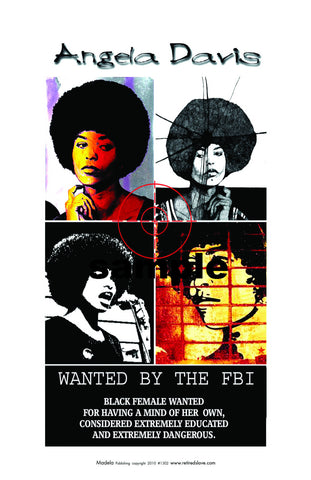George Jackson #1252
$ 8.00
Caption from poster__
George Jackson
Excerpts of the stirring eulogy that
was delivered at Comrade George's
Revolutionary Memorial
Service on August 28, 1971,
by Black Panther Party President Huey P. Newton
" When I went to prison in 1967, I met George. Not physically, I met him
through his ideas, his thoughts and words that I would learn from him. He was at Soledad Prison at the time; I was at California Penal Colony. Georgwas a legendary figure all through the prison system, where he spent most of his life. You know a legendary figure is known to most people through the idea, or through the concept, or essentially through the spirit. So I met George through the spirit. I say that the legendary figure is also a hero. He set a standard for prisoners, political prisoners, and for the people. He showed the love, the strength, the revolutionary fervor that's characteristic of any soldier for the people. So we know that spiritual things can only manifest themselves in some physical act, through a physical mechanism. I saw prisoners who knew about this legendary figure, act in such a way, putting his ideas to life; so therefore the spiritbecame a life. And I would like to say today George's body has fallen, but his spirit goes on, because his ideas live. And we will see that theseideas stay alive, because they'll be manifested in our bodies and in those young Panther bodies, who are our children. So it's a true saying that
there will be revolution from one generation to the next. ”
George Jackson (September 23, 1941 – August 21, 1971) was a Black American militant who became a member of the Black Panther Party while in prison, where he spent the last 12 years of his life. He was one of the "Soledad Brothers," and achieved fame due to a book of published letters. On January 16, 1970, along with Fleeta Drumgo and John Clutchette, he was charged with murdering a guard, John V. Mills, in retaliation for the killing of three black activists by a guard, O.G. Miller, at the California's Soledad prison (the San Quentin guard had been acquitted after the Grand Jury ruled the killings as justifiable homicide). He was incarcerated in the maximum-security cellblock at Soledad Prison. Jackson and the other two inmates became known as the "Soledad Brothers." Isolated in solitary confinement for 23 hours a day, Jackson studied political economy and radical theory and wrote two books, Blood in My Eye and Soledad Brother, which became bestsellers and brought him world-wide attention. On August 7, 1970, George Jackson's 17-year-old brother Jonathan burst into a Marin County courtroom with an automatic weapon, freed three San Quentin prisoners and took Judge Harold Haley as a hostage to demand freedom for the three "Soledad Brothers." However, Haley, prisoners William Christmas and James McClain, and Jonathan Jackson were killed as they attempted to drive away from the courthouse. The case made national headlines. The eyewitness testimony suggests that Judge Haley was hit by fire discharged from a shotgun inside the vehicle during the incident, since he was being covered by a shotgun attached by wiring, tape, and/or a strap of some sort, and/or held beneath his chin. The shotgun was traced back to activist Angela Davis.
